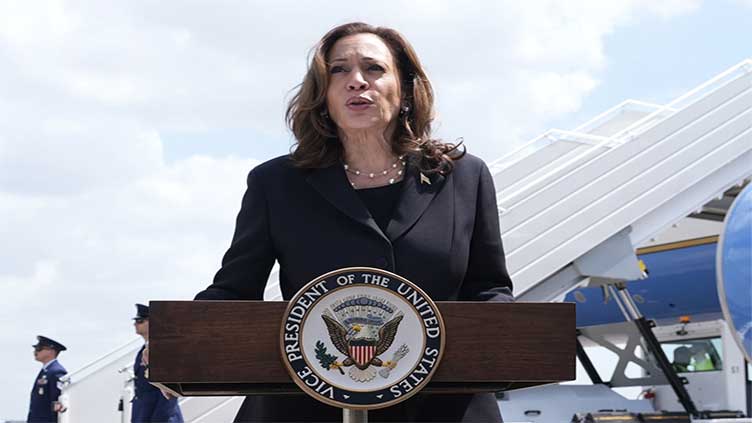
WASHINGTON (WSN) — As California’s attorney general, Kamala Harris defended the death penalty in court despite her earlier opposition to it.
As a freshman senator, she advocated for eliminating cash bail, a stark contrast to her previous criticism of San Francisco judges for setting bail amounts too low, which she argued made it easier to commit crimes.
Now, as vice president and the Democratic presidential candidate, Harris’ campaign asserts that she no longer supports banning fracking, even though she had endorsed such a ban during her early presidential bid.
Politicians frequently adjust their positions in response to changing public opinion and evolving circumstances. Over two decades in office and in her second presidential run, Harris has adapted her stance on various issues, which has led to criticism from Republicans and challenges to her credibility as a consistent and honest leader.
These reversals, including those on moral issues, might cast doubt on her convictions as she reintroduces herself to voters after President Joe Biden’s recent exit from the race.
In addition to her changes on fracking and cash bail, Harris has shifted her views on health care, immigration, and gun control.
John Pitney, a political science professor at Claremont McKenna College, notes that Harris is certainly vulnerable to accusations of flip-flopping. However, he points out that Republicans like Trump and his running mate Sen. JD Vance also have questionable records.
Harris’ campaign did not directly address her policy shifts but instead highlighted her law enforcement background to counter Trump.
Trump, too, has a history of changing positions and making inconsistent statements, such as his evolving stance on abortion. Despite his shifting views, Republicans may still use Harris’ changes against her, following historical precedents of such attacks in politics.
One of Harris’ notable reversals was her stance on the death penalty. As San Francisco’s district attorney, she initially promised never to pursue capital punishment but later, as California’s attorney general, defended it in court, arguing she had to uphold the law despite her earlier stance.
As district attorney, Harris was known for her tough-on-crime approach, prosecuting drug offenses and increasing bail amounts. However, her stance evolved significantly after she entered the Senate, where she championed more progressive reforms, including ending cash bail and imposing a death penalty moratorium.
Harris has also changed her position on marijuana and gun control. While she once opposed legalizing recreational cannabis, she now supports it and is the first major presidential nominee to advocate for legalization. Similarly, after initially supporting strict gun buy-back programs, she has since shifted to advocating for more moderate measures like universal background checks and “red flag” laws.
Geoff Brown, a former public defender, remarks on Harris’ political adaptability, noting that such evolution is often necessary for those seeking high office.











